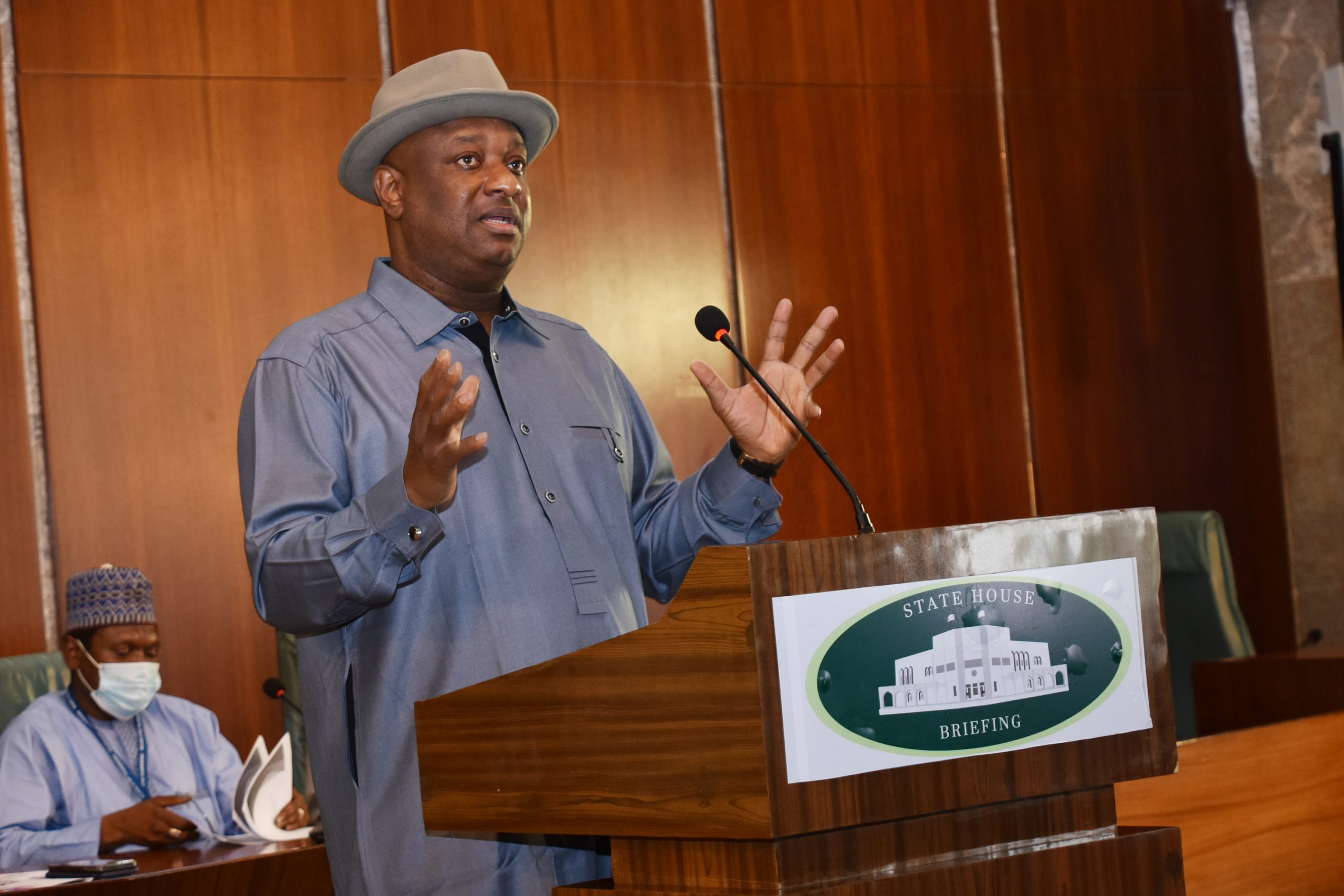Business
Proposed Workers’ Salary Cut, A Huge Joke – Labour Leader

A frontline labour leader in Rivers State, Comrade Menele Nzeede, has said that the proposed cut in salaries of civil servants by the Federal Government is a big joke that can never stand.
He said that the idea to cut wages of civil servants at this time that the real wages of civil servants have no value in the market, and where many states are yet to implement the N30,000 minimum wage, was not only ridiculous, but wicked.
Nzeede, who is a former chairman of the civil service union in the state, told newsmen at the weekend that the idea of wage cut shows that the economic planners in the country are not thinking.
According to him, wage cut to reduce the cost of governance in the country is not a bad economic policy on itself, but that it should not be targeted at the civil servants who are already suffering.
“Reducing cost of governance in the country should start with reducing the number of political appointees and special advisers who are advising nothing, but just to take their jumbo pay.
“The jumbo salaries and allowances of the members of the National Assembly members and the president should be cut down, and all the recovered loots from outside the country should be accounted for.
“Policy somersault has been one of the characteristics of this present Buhari led administration in this country, and the ministers and advisers are just there for their selfish ends”, he said.
The labour leader, however, blamed the present leadership of the Nigerian Labour Congress (NLC), whom he said have tended to be compromised by government, for the travails Nigerian workers are passing through.
According to him, the interest of Nigerian workers are no longer in front burner of the NLC.
Nzedee urged the labour leader in the country to always promote and protect the interest of workers they represent.
He regretted that the contributory pension scheme funds being contributed by Nigerian workers are now in private pockets, while those that contributed it are languishing in poverty.
By: Corlins Walter
Business
Fidelity Bank To Empower Women With Sustainable Entrepreneurship Skills, HAP2.0
Business
President Tinubu Approves Extension Ban On Raw Shea Nut Export
Business
Crisis Response: EU-project Delivers New Vet. Clinic To Katsina Govt.
-

 Education5 days ago
Education5 days agoElga boss tasks law students on academics strides
-

 News2 days ago
News2 days agoAmend Constitution To Accommodate State Police, Tinubu Tells Senators
-

 Politics2 days ago
Politics2 days agoSenate Urges Tinubu To Sack CAC Boss
-

 News1 day ago
News1 day agoDisu Takes Over As New IGP …Declares Total War On Corruption, Impunity
-
Business2 days ago
President Tinubu Extends Raw Shea Nuts Export Ban To 2027
-
Business2 days ago
Crisis Response: EU-project Delivers New Vet. Clinic To Katsina Govt.
-

 Business2 days ago
Business2 days agoPENGASSAN Rejects Presidential EO On Oil, Gas Revenue Remittance … Seeks PIA Review
-
Business2 days ago
President Tinubu Approves Extension Ban On Raw Shea Nut Export

